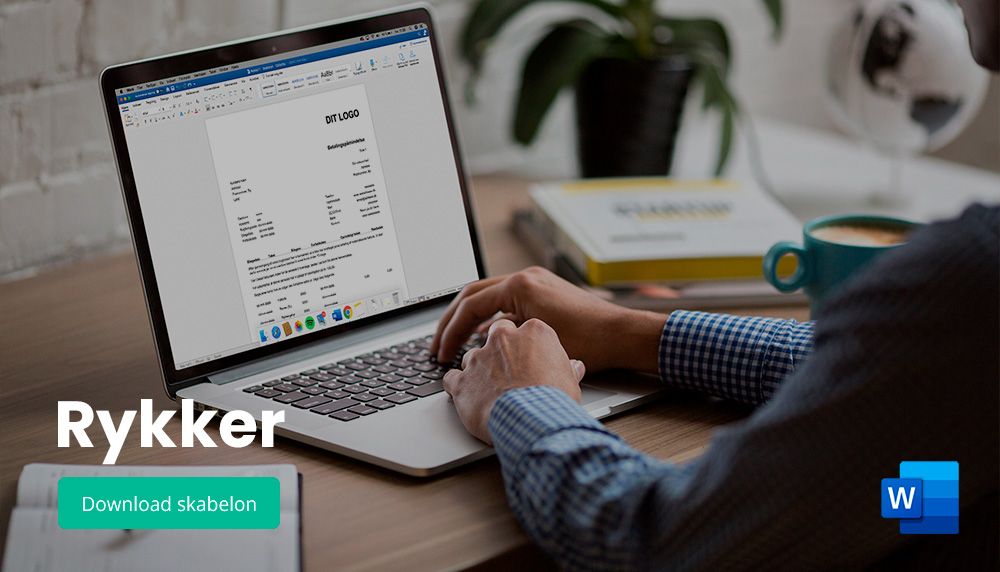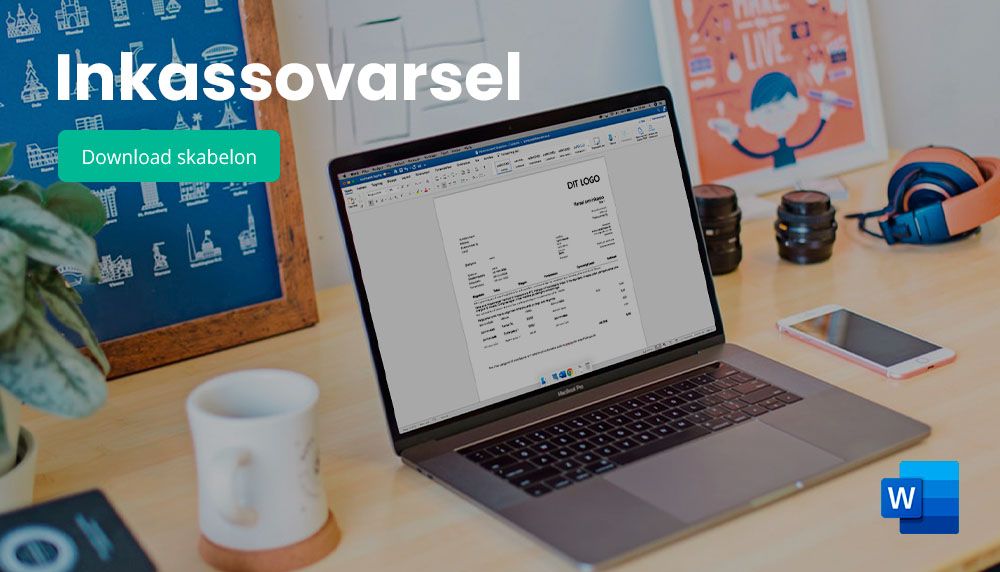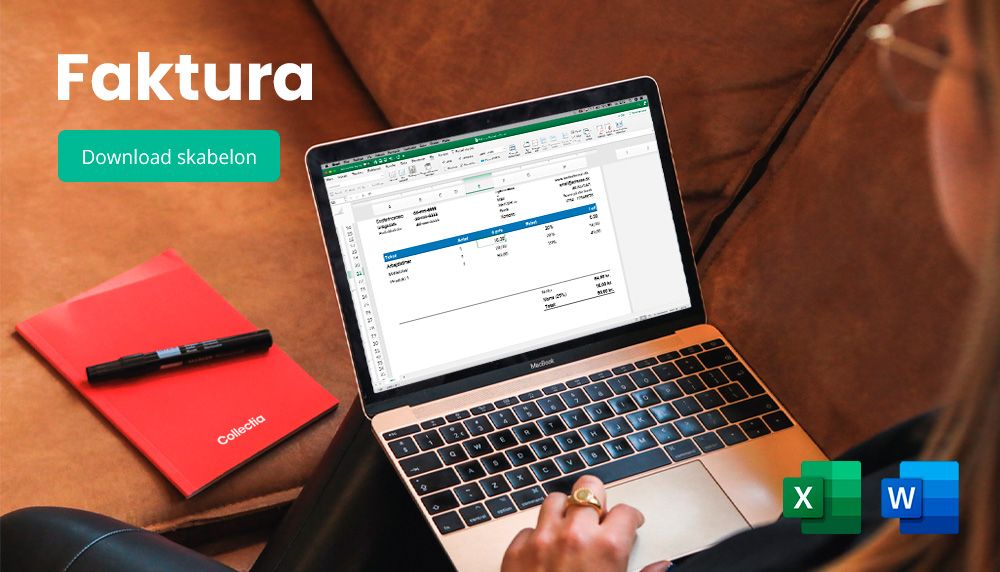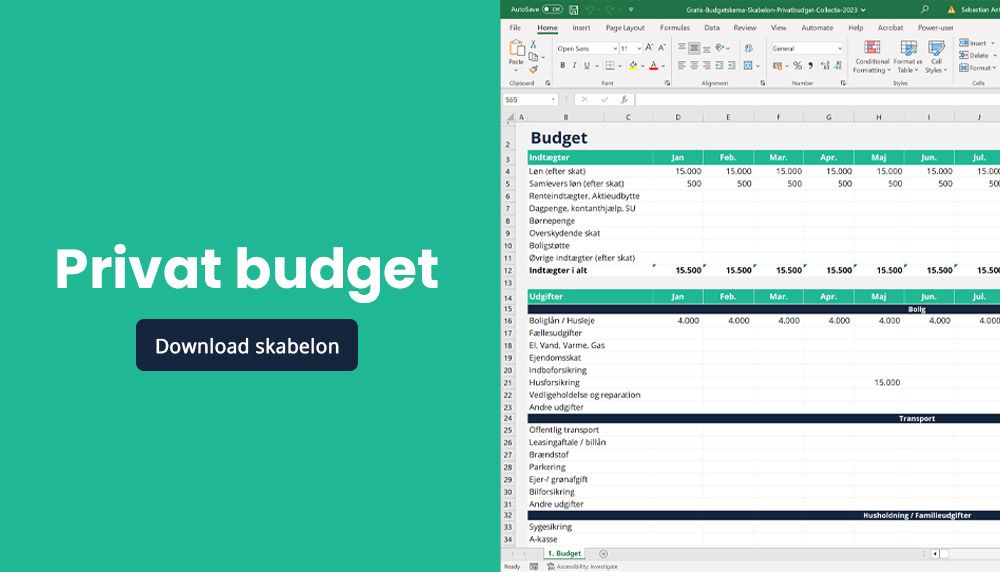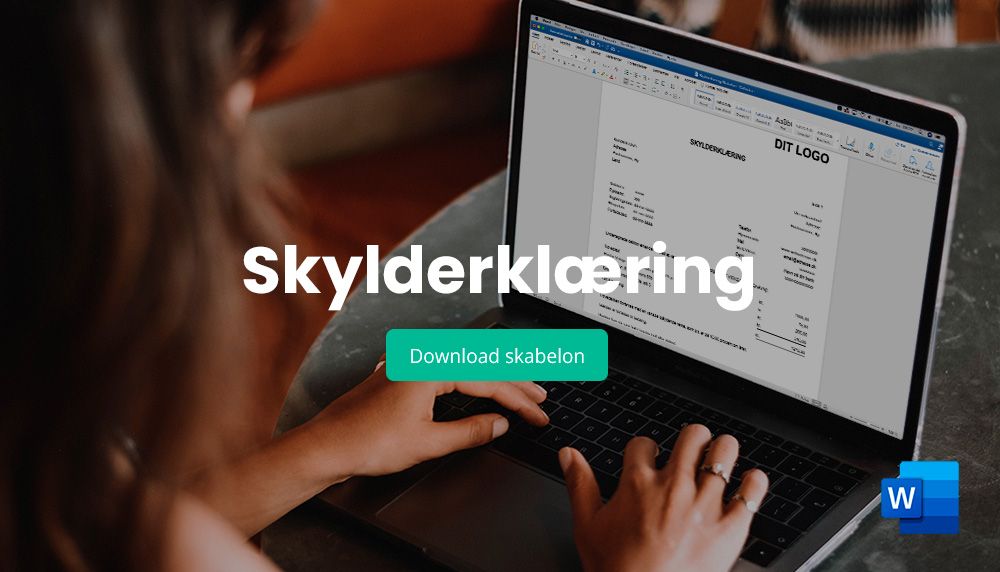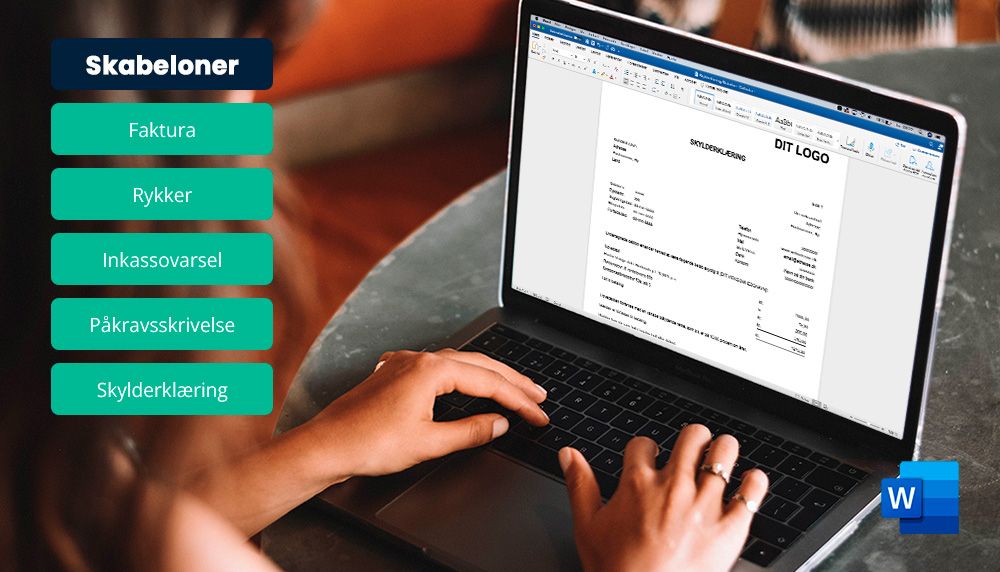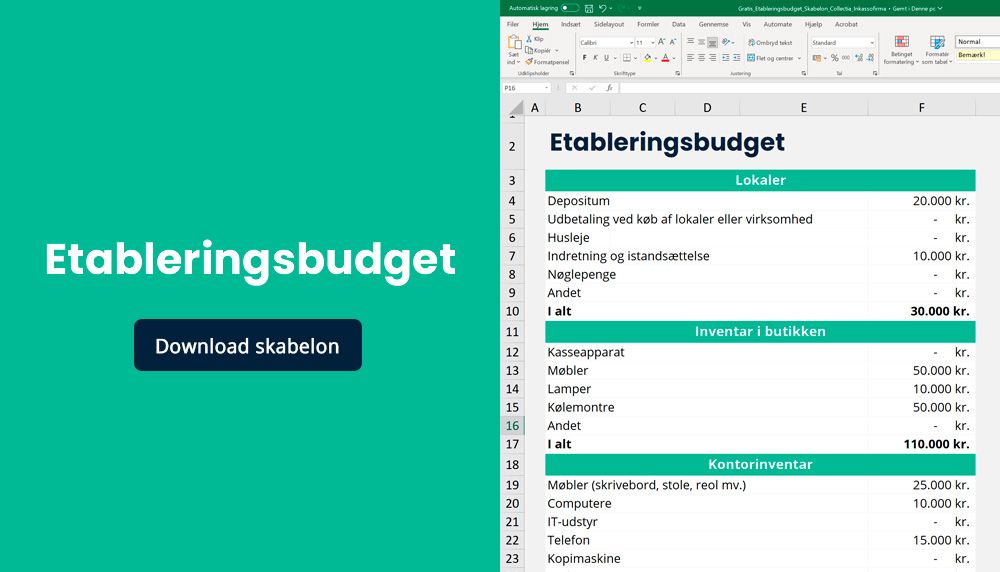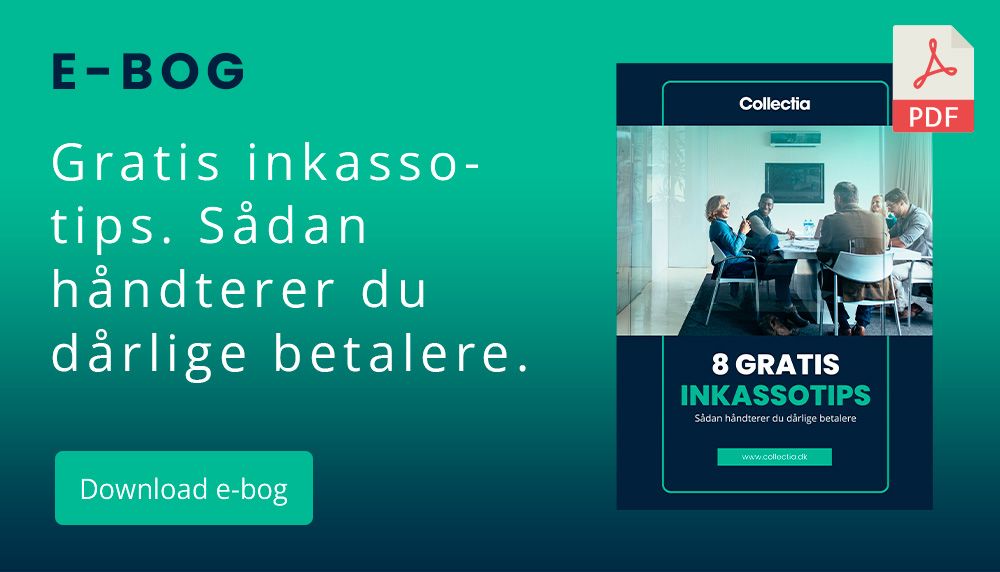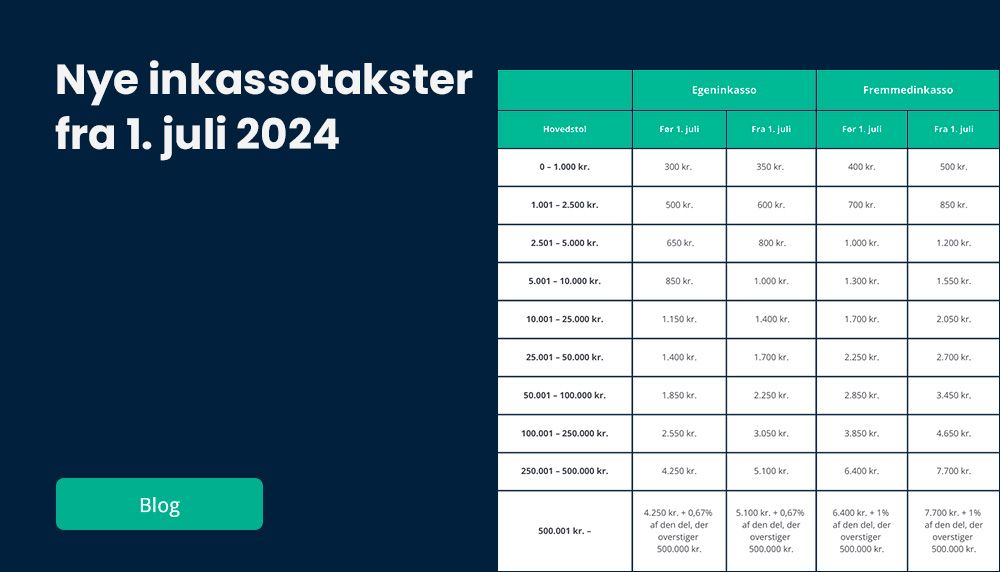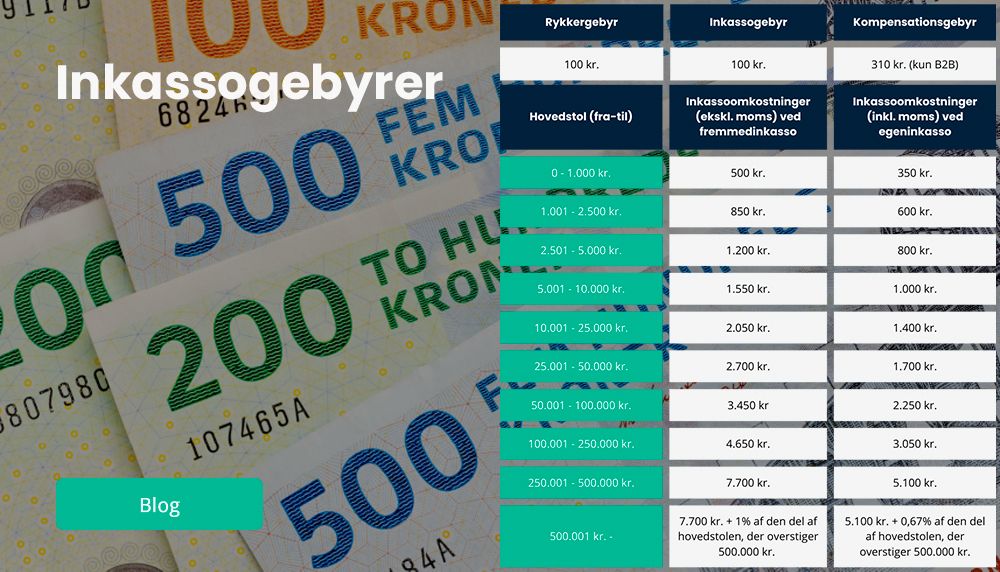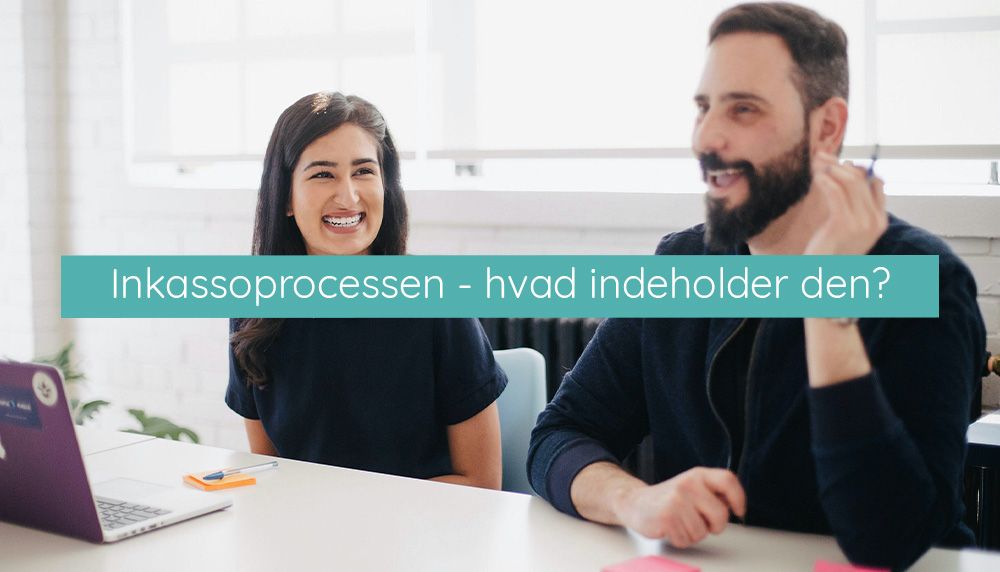
Debt collection - what is the process?
For most people, debt collection is confusing, cumbersome, cumbersome and often something that is far from the company's ordinary operations. This is why an increasing number of companies choose to outsource their debt collection to a debt collection company or a debt collection lawyer.
By outsourcing your debt collection through so-called third-party debt collection, you free up resources in your bookkeeping and can focus on what makes sense: running your business and focusing on the customers who actually pay you.
But what does a debt collection process actually involve? This is a question we are often asked, which is why we have chosen to focus on the debt collection process as a whole and what it (theoretically) can contain.
It is important to note that after the debt collection notice, debt collection is rarely a "fixed package" of actions, but rather individual assessments of which tools are deemed necessary for the debtor to pay his debt.
Reminder letter
Sending reminders is generally the process before the debt collection process, although reminders (with or without reminder fees) can easily be part of the debt collection process itself.
Most companies choose to send 1, 2 maybe 3 reminder letters with an associated reminder fee before the case is handed over to debt collection. If you want to let Collectia handle this, we of course offer reminder service, where we can handle the entire process of sending and collecting reminders.
Collection notice
Before debt collection can start, a debt collection notice must be sent. The debt collection notice is often also called a debt collection letter, debt collection notice or §10 letter (with reference to the Debt Collection Act). The debt collection notice can be sent by you as the creditor, your debt collection company or debt collection lawyer.
The collection notice can be sent when you have established that the debtor has not paid the invoice. You must give the debtor at least 10 days to pay the claim. If the claim is not paid within 10 days of the letter being sent, the case can now go to debt collection.
The individual treatment
After the debt collection notice, the actions that must, should and can be taken against the debtor typically vary greatly.
The next step after the debt collection notice is typically a phone call or another letter to the debtor. This often involves a phone call to the debtor in an attempt to get the debtor to pay the claim.
They can also send reminders and offer an installment plan if the debtor is unable to pay the debt in full at this stage. Debt collection agencies and lawyers can also physically visit the debtor if the debtor has not paid the claim.
Assessment of judicial treatment
If there is no or very little reaction from the debtor, the next natural step is to take the claim to court, also known as judicial recovery.
The debt collection company or lawyer will typically make an assessment of whether legal debt collection is worthwhile and whether they believe that legal debt collection will resolve the case. This is based on, for example, whether the debtor owns assets that could be seized.
Judicial recovery
If it is assessed that judicial debt collection could be relevant, a simplified debt collection process is initiated in the enforcement court by sending a demand for payment. The enforcement court will then summon the debtor to an enforcement court meeting, where the creditor (or the creditor's debt collection company/collection lawyer) has the opportunity to hear about, for example, the debtor's finances, and on this basis obtain a repayment, or a partial repayment in the form of an installment plan.
What is agreed at the meeting is recorded by the enforcement court and has the same effect as a judgment.
CAI - Collectia's intelligent debt collection process
At Collectia, we know that no two cases are the same, and neither are the debtor, the debtor's cases or the creditor for that matter.
That's why we are one of the only debt collection companies in Denmark to have developed our own intelligent debt collection engine, commonly referred to as CAI. CAI stands for Collectia Artificial Intelligence (AI) and is based on our more than 150 years of experience in debt collection. With the help of CAI, we can select the right debt collection process for you and your cases for the benefit of both you as a creditor and your debtors.
CAI assesses each case against a wide range of parameters and years of experience to create the best conditions for your case.
Read also: Artificial intelligence makes debt collection smarter
